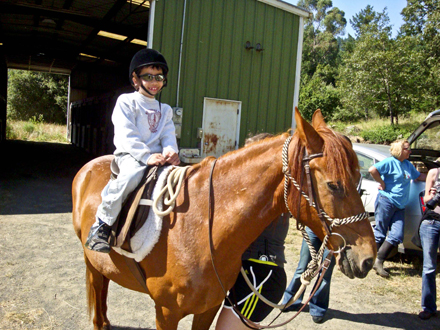Below are some internship, workshop and networking opportunities for Students, recent grads and Vets with disabilities.
NBC Universal joins Cisco, Google, Microsoft, Northrop Grumman, Walmart, IRS, and the Federal Highway Administration as Employers for COSD FULL ACCESS Student Summit at Cisco.
White House & John Hudson Internships; HSC Foundation Award; Workshop & Networking Opportunities for students, recent Grads and Vets with Disabilities Deadlines rapidly approaching: White House Internship – March 13, 2011
HSC Foundation Advocates in Disability Award – March 14, 2011
COSD FULL ACCESS Student Summit – March 21, 2011
The White House is accepting applications for its Fall internship program. This exciting opportunity provides selected interns with a hands-on program, designed to mentor and cultivate young leaders, and provides them wit a unique opportunity to gain valuable professional experience and build leadership skills. For information, go to:
http://www.whitehouse.gov/about/internships/
The HSC Foundation’s Advocates in Disability Award is presented to a person with a disability, 14 – 26 years old who “has dedicated himself/herself to positively affecting lives of individuals with disabilities and their families in the Washington, DC metro area. This award is only open to those in the DC area, but if you’re eligible, this could be an amazing opportunity for you.
The John Hudson Summer Internship provides internships in five categories to students or recent graduates with disabilities: Emergency Management, Accounting, Interpretive Aide, Policy Research & Implementation, and Therapeutic Recreation (If unable to use these links, see attached Internship Info file for descriptions). For more information on the internship and eligibility rules, please check out the attached John Hudson FAQ document.
Career Opportunities for Students wit Disabilities
(COSD) FULL ACCESS Summit takes place April 8-9, 2011 at Cisco in San Jose. Employers include Cisco, Google, IRS, Microsoft, NBC Universal, Northrop Grumman and Walmart – AND the Producers Guild of America Diversity workshop, discussed in our previous newsletter, are coming up soon, so get your applications in as soon as you can.
Building on the success of ODEP’s Lights!
Camera! Access!, hosted by the Academy of Television Arts & Sciences’ Diversity Committee and NBC Universal’s “What Can WE Do?,” if you are interested in entertainment or broadcast internships, contact networks, studios and industry associations (you can locate them on the Web). Some industry web sites are undergoing accessibility reformatting, so call or e-mail if unable to access websites with assistive technology.



